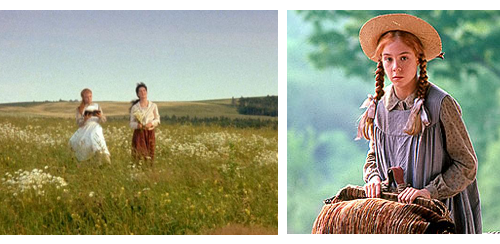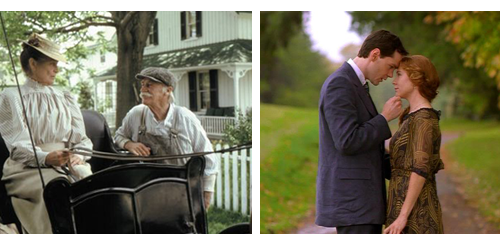 Remember when I was talking about memoirs and how they seem to fall into two categories: self-indulgent and...not as self-indulgent? Well after reading a pretty self-indulgent one, I found one in my huge to-read queue that is taking over my work desk that seemed to have a more interesting premise. And that's what usually draws me to memoirs in the first place—the setting or circumstance has to sound like it can just naturally make for an entertaining story.
Remember when I was talking about memoirs and how they seem to fall into two categories: self-indulgent and...not as self-indulgent? Well after reading a pretty self-indulgent one, I found one in my huge to-read queue that is taking over my work desk that seemed to have a more interesting premise. And that's what usually draws me to memoirs in the first place—the setting or circumstance has to sound like it can just naturally make for an entertaining story.So I settled down with Heather Lende's second memoir, Take Good Care of the Garden and the Dogs: Family, Friends, and Faith in Small-Town Alaska. [Apparently you're allowed to write more than one memoir, seeing as how Rachel Shukert did the same. I should start writing my own series of memoirs.] Her first one—If You Lived Here, I'd Know Your Name—introduced the reading audience to the tiny Haines, Alaska, where Lende lives with her husband and children (though it didn't introduce me, because I haven't read it). Her newest one chronicles various aspects of small-town life after a serious accident, namely, her own—getting run over by a truck while out for a bike ride.
I liked this. It's kind of a "mom" book, one of those that's thoughtful and inspiring. And despite my aversion to religious brouhaha in literature, I actually didn't really mind the Bible quotes and references, because...well, I guess I just tried to view it from her perspective. She was giving her own account of an incident and what helped her, personally, get through it. Who am I to shrug off religion in that case? And she threw out the word "fuck" a few times when talking about her "fucking broken pelvis," so I really enjoyed the balance there. I kinda want to hang out with her now.
But that whole bike incident thing...yes, MAJOR deal, but it didn't, by any means, take over the novel. Lende uses it as a jumping off point to highlight life and faith in a very small-town...a very small-town way the hell out in Alaska. Where life is COMPLETELY DIFFERENT and TOTALLY INCOMPREHENSIBLE to me. Like how she kills a freaking bear from a treetop, preserves fish and stuffs them in jars (...yuck?), and makes her own jam (ok, that one may not be that strange...). And how the community is strongly tied to tradition and custom (which is really interesting), as seen in her anecdote of townspeople raising a ginormous totem pole carved by a local Chilkat (Native Alaskan). And how people come from different places but feel the same range of emotion. Dealing with shit—it's kind of a community builder.
Alaska. Jesus, I can't imagine living there. I'm glad someone can handle it with aplomb.
Review copy provided by the publisher.






